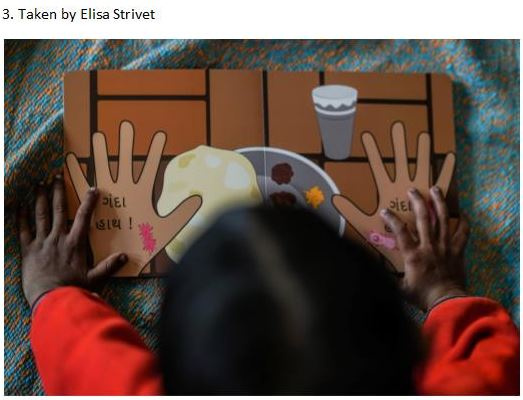
Inclusive pedagogy is an approach that attends to individual differences between learners while actively avoiding the marginalisation of some learners and/or the continued exclusion of particular groups”.[1] At a time when the issues of social injustice has been brought to the forefront, with movements such as Black Lives Matter gaining traction in recent months, an understanding of these issues and a shift in perspective is crucial.
In order to cultivate a society that is fully inclusive, we must educate with an aim to foster a generation of children who embody values of acceptance, inclusivity and anti-racism, both in overt ways, through open discussions, and in everyday practice through exposure to differing cultures.
Learning resources are one way to incorporate this exposure of diverse contexts and cultures. It is critical that children are not only taught with resources that have been developed to resonate culturally with their own, but are also exposed to other cultures too.
Innovative educational resources
A Germ’s Journey is such a set of culturally sensitive, innovative, educational hand-hygiene resources, co-created by an interdisciplinary team of microbiology, education and psychology specialists. The resources, which include books, online games, song/videos, posters and parent guides, enhances the importance of handwashing and understanding of germ transference.
It might seem prosaic but, as the West has recently found out, it can be a matter of life and death. Children are particularly vulnerable to the transmission of germs, but their understanding of of germ transference is poor, leading to poor hand washing behaviour, making them susceptible to diseases such as diarrhoea which account for “8 per cent of all deaths among children under age 5 worldwide in 2017.
This translates to over 1,300 young children dying each day, or about 480,000 children a year”, yet correct hand washing with soap can “cut the risk of diarrhoea by at least 40 per cent and significantly lower the risk of respiratory infections” [2, 3].